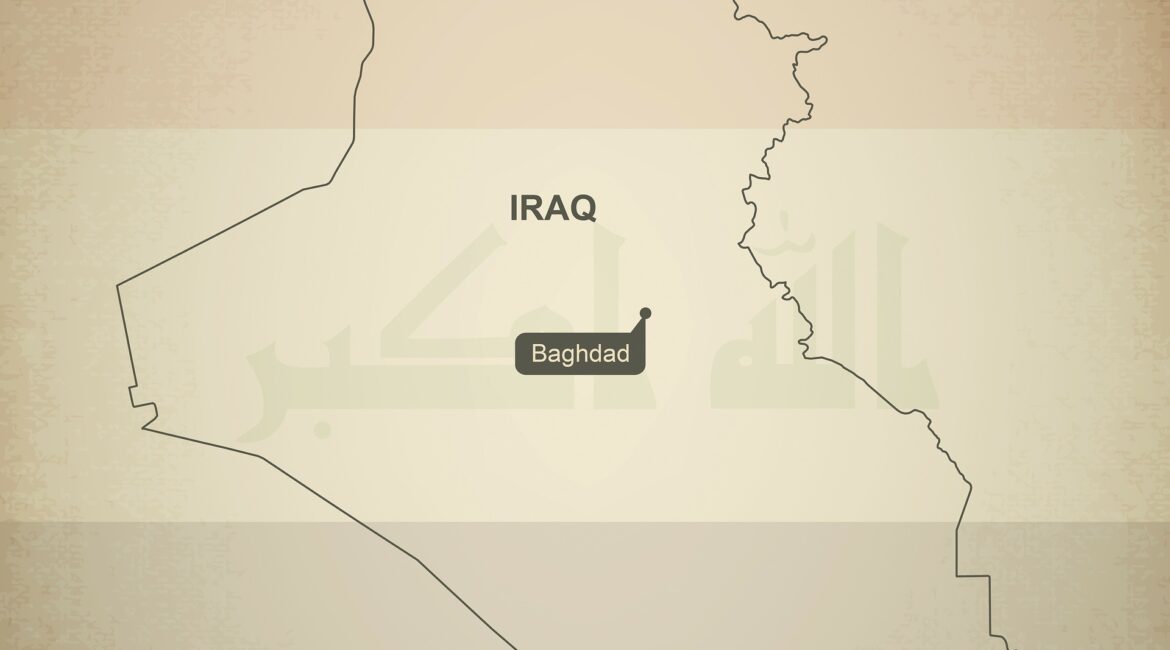The failed assassination attempt on Iraqi prime-minister Mustafa Al Kadhimi ramped up tensions in Baghdad, sparked by the refusal of Iran-backed militias to accept last month's parliamentary elections results. There was no claim for the attack, but suspicion immediately fell on Iran-backed armed groups who had been publicly attacking Al Kadhimi and issuing threats.
Al Kadhimi, 54, was Iraq's former intelligence chief before becoming prime-minister in May last year. He is considered by the Shiite militias to be close to US, and tried to balance between Iraq's alliances with both the US and Iran.
Following October ballot, Shiite militia supporters pitched tents near Green Zone, rejecting the elections results and threatening violence unless their demands for recount were met. The clashes with the militia supporters has also increased tensions among rival Shiite factions that could spill into violence and threaten Iraq's newfound relative stability. Protests turned deadly when the demonstrators tried to enter the Green Zone. Security forces used tear gas and life ammunition, and there was an exchange of fire in which a Shiite protester was killed and dozens of security forces were injured. Al Kadhimi ordered an investigation to determine what sparked the clashes and who violated orders not to open fire.
The election was held months ahead of schedule in response to mass protests in late 2019, which saw tens of thousands in Baghdad and predominantly Shiite southern provinces rally against endemic corruption, poor services and unemployment. They also protest against the direct interference of neighbouring Iran in Iraq's affairs through Iran-backed militias, which are accused by many for suppressing the 2019 protests and for challenging the state's authority.
The Unites States, the United Nations Security Council and other states have praised the October 10 election, which was mostly violence-free and without major technical malfunctions.
Baghdad clashes after election

